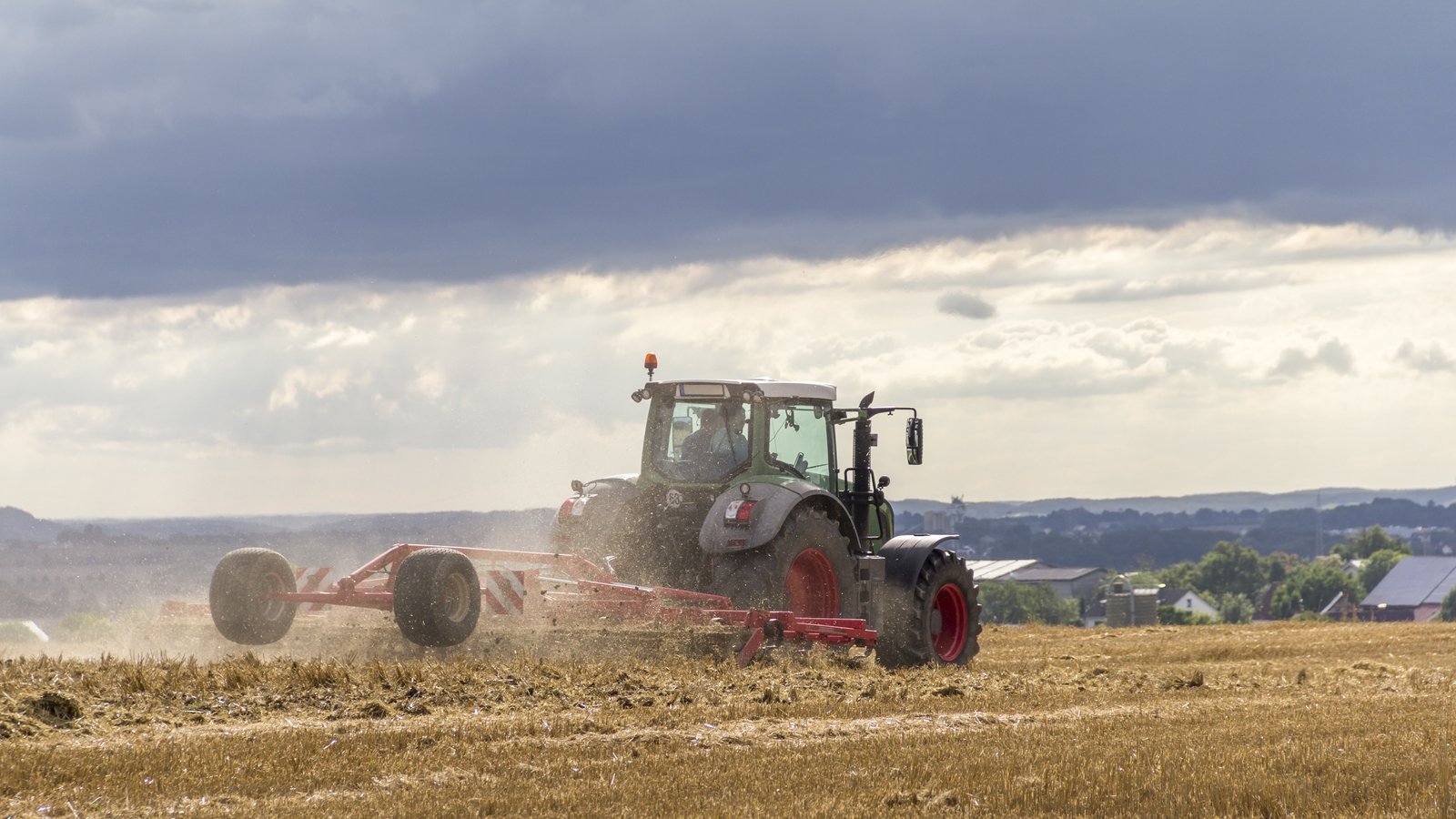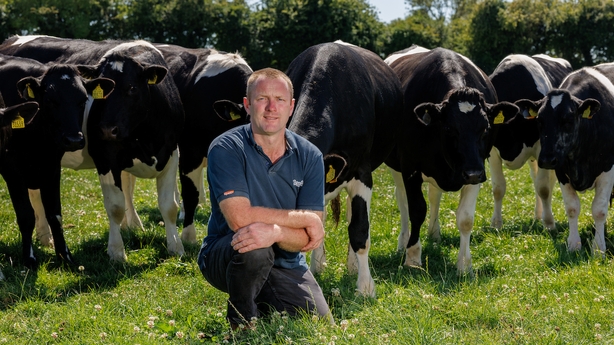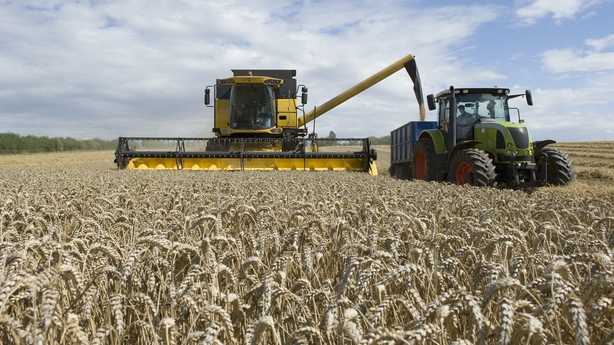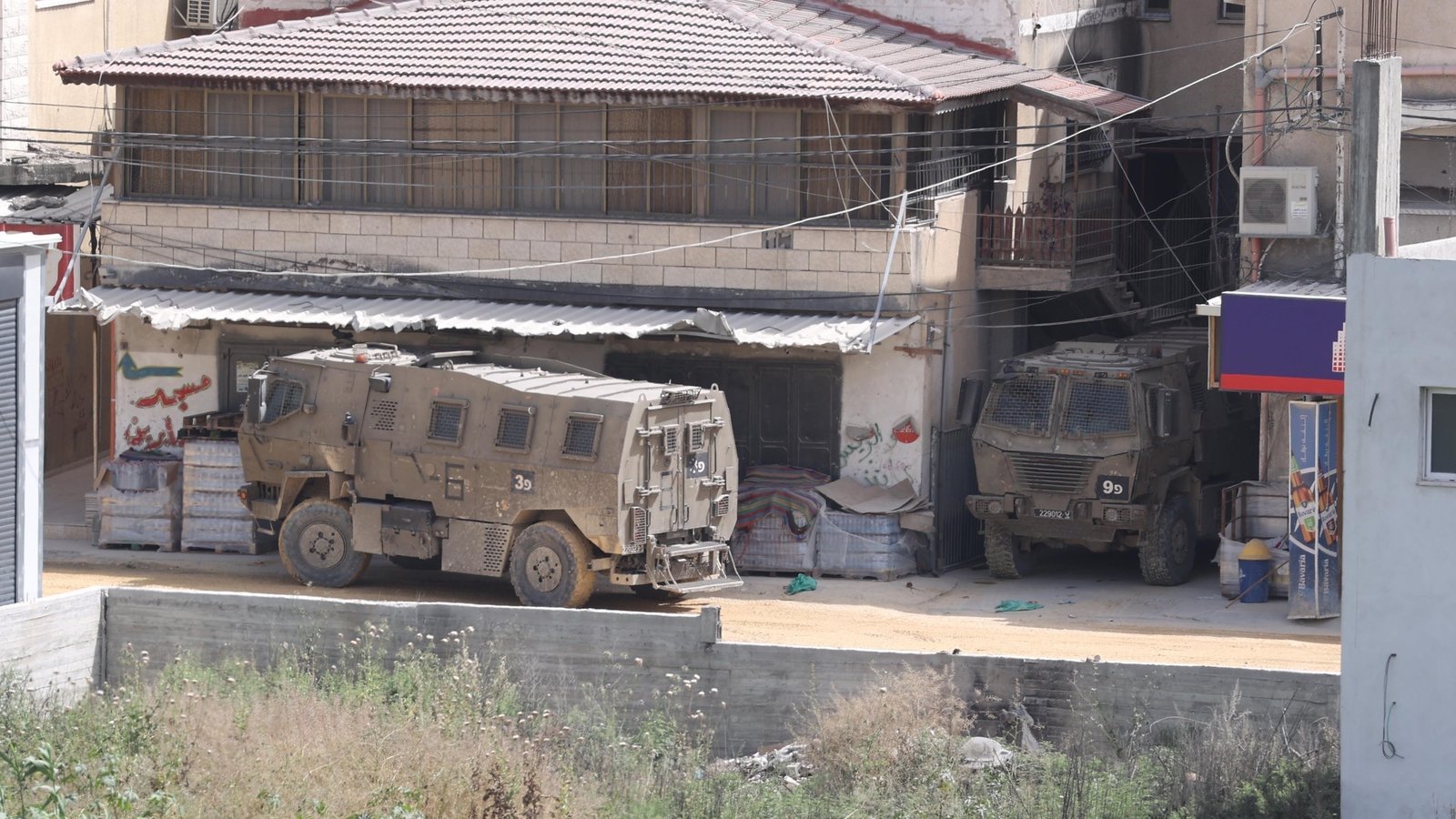Farmers face ‘extremely stressful time’ over bad weather

Ongoing bad weather is creating huge problems for farmers this spring, with fields too wet for planting or taking livestock.
Some farmers are facing fodder shortages as animals have been in sheds for too long.
After almost a year of above average rainfall, farmers are now seeking Government help to deal with the impacts, while also hoping the weather will improve.
A constant matter appearing in conversation wherever farmers meet at the moment is the ongoing unsettled weather and seemingly non-stop rainfall that is severely hampering spring farm operations.
Last night, after a meeting of the IFA National Council, the organisation’s president, Francie Gorman, called for a coordinated response led by the Government to assist farmers get through their current difficulties.
“Farmers have grass in their fields, but they cannot access it because of the wet ground conditions. Tillage farmers cannot get onto their land to plant their crops,” Mr Gorman said.
“Everybody in the sector needs to pull together to alleviate the extreme pressures on farmers at the moment.
“The incessant rainfall and shocking ground conditions are adding hugely to costs and stress levels for farmers,” he added.
We need your consent to load this rte-player contentWe use rte-player to manage extra content that can set cookies on your device and collect data about your activity. Please review their details and accept them to load the content.Manage Preferences
The message is the same from the Irish Creamery Milk Suppliers Organisation (ICMSA) whose president, Denis Drennan, has been hearing farmers stories all around the country.
Mr Drennan said farmers are facing “an extremely stressful time” at the moment “both mentally and physically”.

He said: “Fatigue is a huge issue out there.
“It started to rain about the 15 June last year, and it has never stopped since.
“You could say its the perfect storm.”
Mr Drennan said that a lot of cattle “went in temporarily in September just around the time of the ploughing and a lot of cattle haven’t come out since”.
“Everybody has a buffer in their silage supplies and the buffer would normally get you through, if you’ve got an early autumn or a bad spring,” Mr Drennan said.
“We’ve got both this year which is highly unusual, so the pressure has been put on from both sides.
“Surplus supplies are running out fast on farms all over the country,” he added.

Located 50km north of Mr Drennan’s farm is the holding of tillage farmer and Chairman of the Irish Grain Growers Group Bobby Miller.
His land near Stradbally, Co Laois, is also saturated and he said the entire tillage sector has been severely hampered by the wet weather.
Some farmers were unable to harvest crops last year and now find themselves unable to plant.
“Figures for our autumn planting show 80,000 acres less sown compared to normal and here we are again with less than 5% of the spring crops gone into the ground so far,” Mr Miller said.
“The ground is so unworkable, it’s too wet to operate and then when it was does just come right, we get another band of rain moving across, which pushes things back another day or two or three or four.
“Every day that passes now is money going out of the tillage farmers pockets simply because quality will suffer and yields will suffer as well,” he added.
According to Met Éireann, 2023 was the third wettest year on record going back to 1940.
At this stage, 2024 may well be similar.
Met Éireann climatologist Paul Moore said that so far this year, January “has been a little bit low average rainfall” with very little drying.
He said: “February got very wet again at 140% of Ireland’s long term average rainfall.
“And March has already hit nearly 120% of its long-term average rainfall with some days left to go.”
The question arises, is the country just experiencing adverse weather or is it climate change?

Met Éireann’s comparative data from 1960 to 2020 shows average temperatures here have increased by 0.7 of a degree and average rainfall is up 7%.
Record temperatures in the Atlantic Ocean, off the west coast, have coincided with much of the wet weather over the last year, according to Mr Moore.
He said: “The north Atlantic has been at record high sea surface temperatures for over a year now.
“So basically, there’s a lot more warmth going into the atmosphere and there’s a lot more moisture that goes along with that as well.
“We’re getting a lot of low pressure from the south and southwest coming towards us bringing all that moisture this way and giving a lot of rain.”
For their part, farmers are hoping the current situation is a temporary one.
They continue to make small progress toward the target of reducing agricultural greenhouse gas emissions by 25% by 2030, and the tillage sector said it is already close to carbon neutral.
However, farmers said extra support from the Government is now needed.

This week, a multi-stakeholder report on the future of the tillage sector is due to be presented to Minister for Agriculture, Food and the Marine Charlie McConalogue .
Mr McConalogue said he is closely monitoring the weather situation and is to convene a meeting of the National Fodder and Food Security Committee this Friday to establish the most up to date facts regarding the fodder and feed situation on farms.
The Irish Grain Growers Group said tillage farmers need financial assistance to get them over the current situation.
“There’s a cash injection needed to boost their confidence,” said Mr Miller.
“I have noticed of late that confidence is on the floor with tillage farmers,” he added.
Mr Drennan also said urgent assistance is needed.
“It’s not everyday we need support, but this is one occasion where we certainly need supports to get people through the length of this current winter and also to build backup reserves for next winter,” he said.





